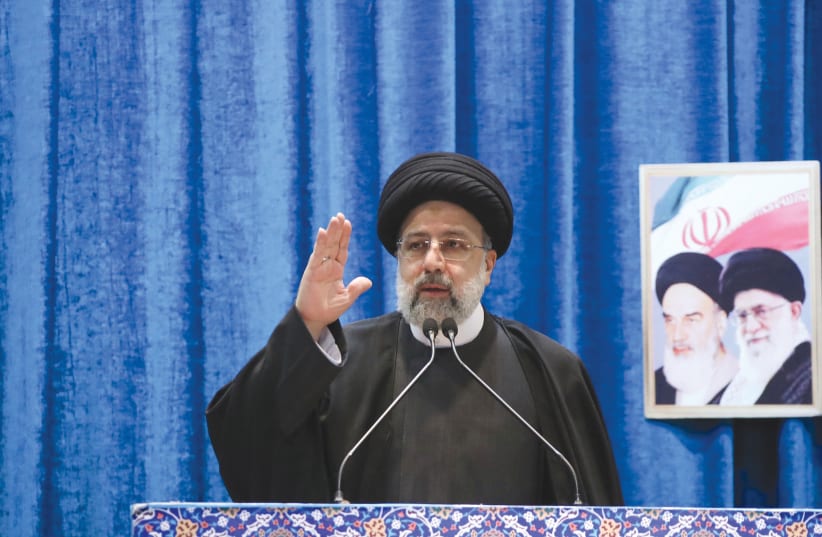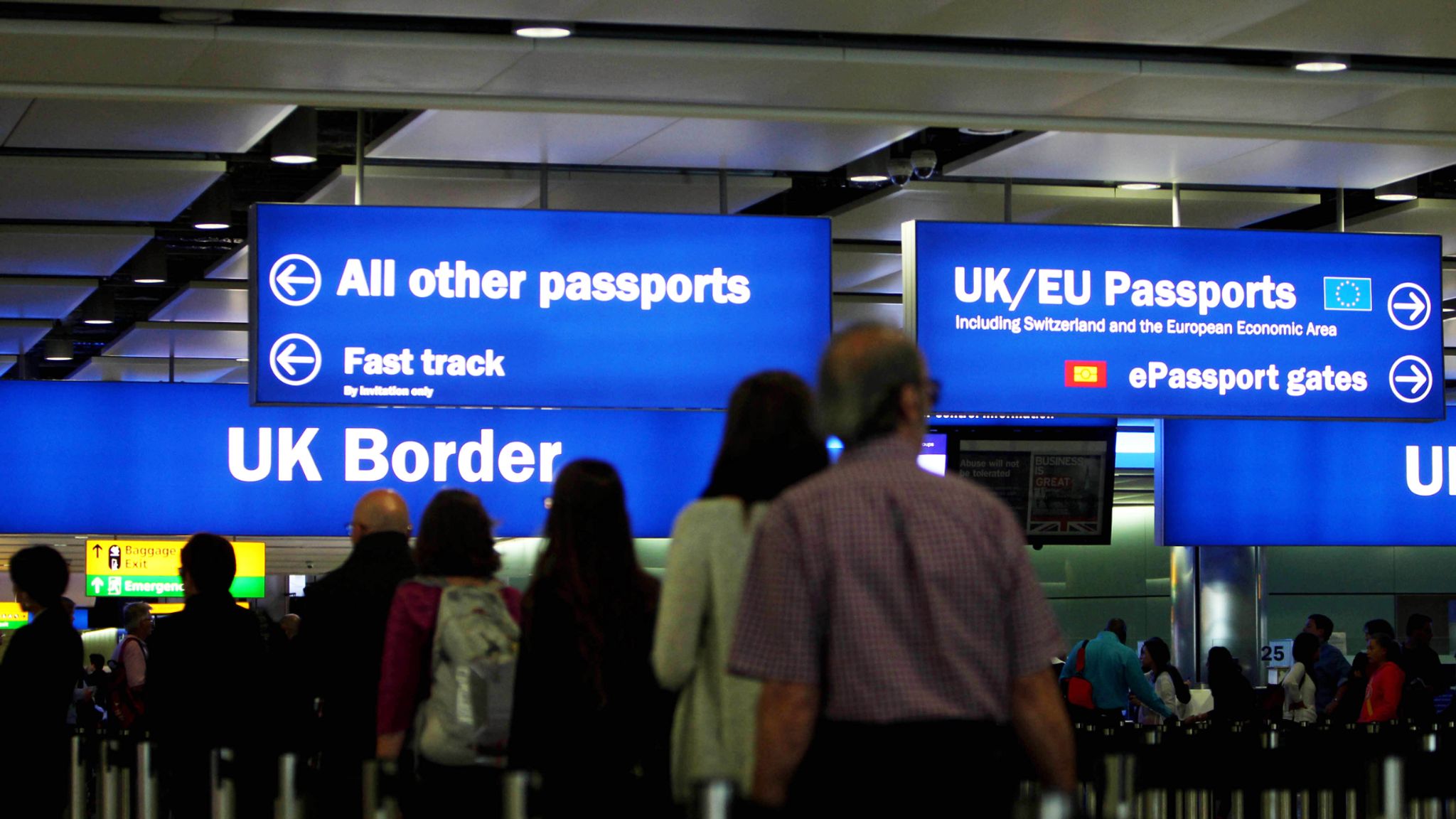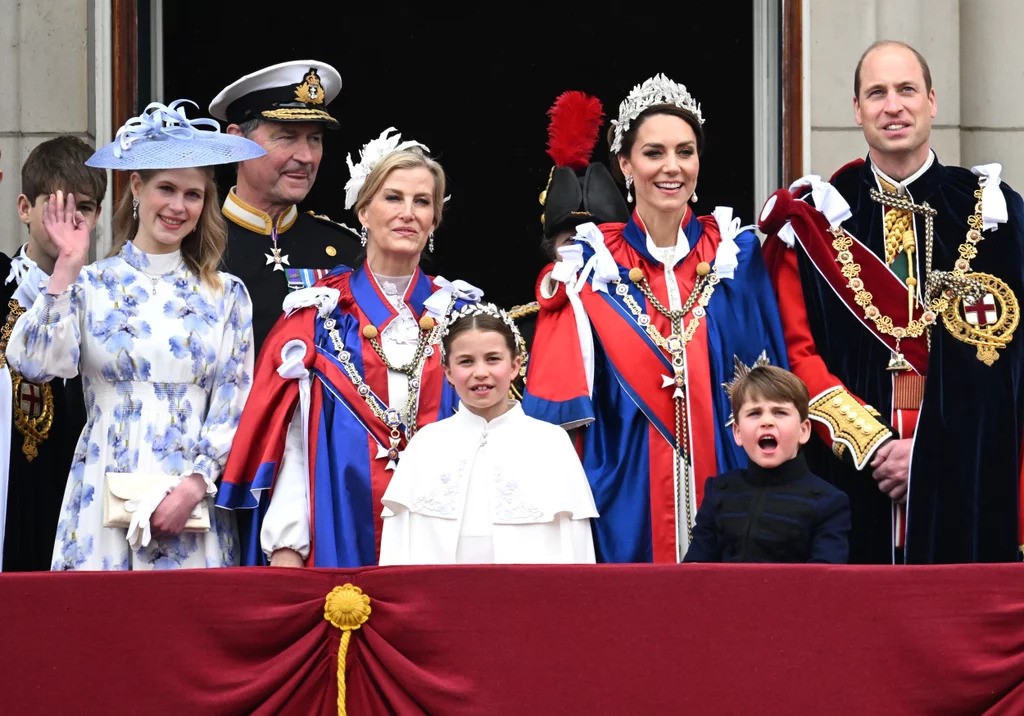FORMER president Thabo Mbeki has again defended the South African government’s “quiet diplomacy” stance on Zimbabwe and reiterated sensational claims that the British government planned to remove Robert Mugabe in a military operation.
Mr Mbeki has been releasing a series of weekly letters in which he discusses some of the controversial issues of his term.
In the latest letter published on Monday, Mr Mbeki wrote that “there were others in the world, led particularly by the UK, who opposed our approach of encouraging the Zimbabweans to decide their future”.
“These preferred regime change — the forcible removal of President Mugabe and his replacement by people approved by the UK and its allies.
“This is what explained the sustained campaign to condemn us for conducting the so-called ‘quiet diplomacy’. What was wrong with ‘quiet diplomacy’, which led to the adoption of the GPA (global political agreement) … was that it defended the right of the people of Zimbabwe to determine their future, as opposed to the desire by some in the West to carry out regime change in Zimbabwe and impose their will on the country!” wrote Mr Mbeki.
The global political agreement, which was facilitated by SA, established a power-sharing government in Zimbabwe in 2009 designed to resolve the country’s political and economic crisis and chart a new political direction following disputed elections.
Mr Mbeki wrote that in the period preceding the 2002 Zimbabwe elections, the UK and the US in particular were very keen to effect this regime change and failing which to impose various conditions to shorten the period of any Mugabe presidency.
“Our then minister of intelligence, Lindiwe Sisulu, had to make a number of trips to London and Washington to engage the UK and US governments on their plans for Zimbabwe, with strict instructions from our government to resist all plans to impose anything on the people of Zimbabwe, including by military means.
“Accordingly, it was not from hearsay or third parties that we acquired the knowledge about Western plans to overthrow President Mugabe, but directly from what they communicated to a representative of our government,” wrote Mr Mbeki.
In 2013 former British prime minister Tony Blair denied putting pressure on SA while he was in office to help remove Mr Mugabe in a military operation.
A spokesman for Mr Blair was quoted at the time as saying: “Tony Blair has long believed that Zimbabwe would be much better off without Robert Mugabe and always argued for a tougher stance against him, but he never asked anyone to plan or take part in any such military intervention.”
Mr Mbeki in his letter suggested that the UK had a major part to play in the violent land invasions of 2000 which precipitated Zimbabwe’s economic collapse. Mr Mbeki wrote that Mr Blair told him that the British governments he led never formally took a decision to repudiate the Lancaster House Agreement, which committed to giving the government of Zimbabwe the financial means to carry out the required land redistribution in a nonconfrontational manner.
“Unfortunately, contrary to what the Conservative prime ministers Margaret Thatcher and John Major had agreed, Tony Blair’s secretary of state for international development, Claire Short, repudiated the commitment to honour the undertaking made at Lancaster House…. Later, Prime Minister Blair told me that the British governments he led never formally took this decision to repudiate the Lancaster House Agreement and regretted that in the end, his government had to accept it because Claire Short had succeeded to convince the UK public that it was indeed government policy,” Mr Mbeki wrote.
In an article published in the UK daily The Telegraph last year, London mayor Boris Johnson, suggested that the decision by the UK to recant the Lancaster House Agreement somewhat led to the land grabs in Zimbabwe.
“It is vital to recognise that Zimbabwe was not always like this, and did not have to be like this. This Mugabe tyranny is no accident — and Britain played a shameful part in the disaster,” Mr Johnson wrote.
He discussed the Lancaster House Agreement in which the then prime minister Margaret Thatcher granted independence to Rhodesia. It was that agreement that also guaranteed compensation for Britain’s settler farmers.






